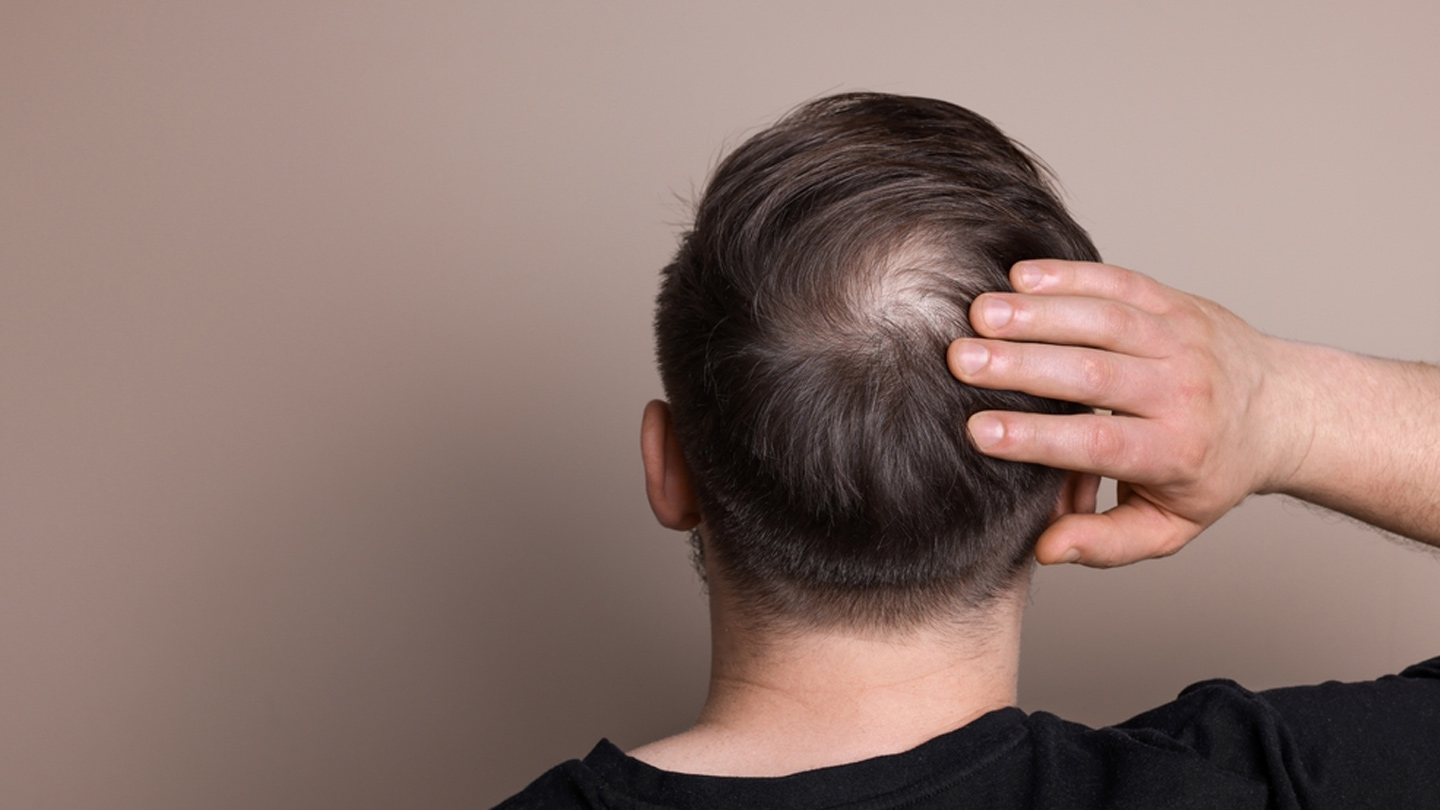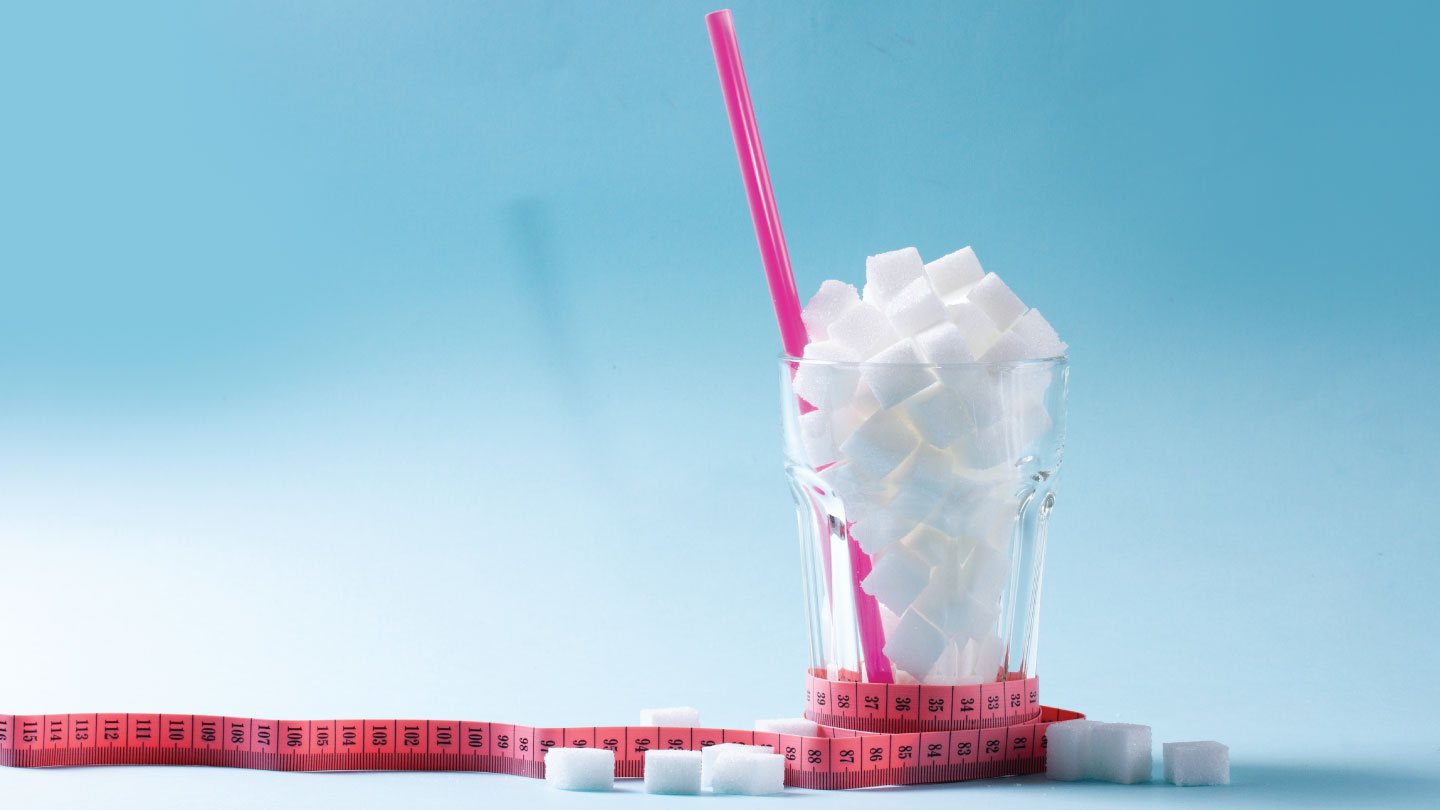Medical
Simple Dos and Don’ts for Stroke Prevention
Up to 80 per cent of strokes can be prevented, and it starts with everyday choices. Here’s how to look after your brain health with simple habits that science actually supports.
.jpg)
Strokes rarely strike out of nowhere; they quietly develop over time, fueled by unchecked blood pressure, unhealthy eating, prolonged inactivity, or untreated health issues. A comprehensive review notes that the most common stroke subtype is ischemic stroke (it happens when a blood clot or plaque blocks blood flow to the brain, cutting off oxygen and causing brain cells to die), making up about 88 per cent of strokes and that many of these can be prevented by lifestyle modifications.
Related story: A Nutritionist’s Guide to Foods That Nourish Your Brain and Mood
Habits that protect your brain
1. Keep your blood pressure under control
High blood pressure is the single biggest modifiable risk factor for stroke. It wears down blood vessel walls, making them susceptible to blockages or rupture. The 2024 guideline from the American Heart Association emphasises regular monitoring and control of this number.
2. Move more; even light activity helps
Getting your body moving improves circulation, lowers blood pressure, and enhances metabolic health. Look for opportunities to walk, climb, stretch or do chores more actively.
3. Eat for your brain
Diet plays a major role in vascular health. For example, a Mediterranean-style diet (rich in fruits, vegetables, whole grains, olive oil, and fish) is associated with a reduced risk of stroke.
Related story: Daily Habits That Can Rewire Your Brain, According to Neuroscience
4. Quit smoking & follow alcohol moderation
Smoking thickens your blood, damages vessels, and dramatically raises stroke risk. Alcohol in excess raises blood pressure and can trigger irregular heart rhythms, both of which increase your stroke risk, so the key is simple: moderation, not elimination.
5. Manage other medical conditions
If you have diabetes, high cholesterol or atrial fibrillation, these aren’t just background items; they actively increase your stroke risk. For example, a study on sleep and stroke risk found that impaired sleep interacts with hypertension and other vascular risk factors. (Khot SP et al., 2023)
6. Prioritise sleep & stress management
Sleep isn’t optional; it matters. A 2023 study in the European Heart Journal showed that poor sleep patterns were strongly linked to cardiovascular events, including stroke.
Related story: Super Brain Foods To Boost Brain Function And Memory
Habits that raise your stroke risk
1. Don’t ignore elevated BP or cholesterol
Feeling fine doesn’t mean your vessels are fine. Hypertension and high cholesterol can go entirely silent until damage becomes irreversible or a stroke happens.
2. Don’t stay seated for long hours
Prolonged sitting can weaken circulation and compromise vascular health. A 2023 JAMA-style study found that sitting for more than 10 hours a day increased the risk of stroke by about 45 per cent.
3. Don’t overload on salty, processed foods
High sodium levels raise blood pressure; processed and ultra-processed foods often contain hidden salt, trans fats, and chemicals that harm the vascular system.
4. Don’t skip regular health check-ups
It’s easy to assume you’re fine because you feel fine. However, regular screening for blood pressure, glucose, lipids, and heart rhythm issues ensures that you catch problems early when they’re manageable.
5. Don’t underestimate stress or poor sleep
Chronic stress keeps your body in a state of heightened alertness, which raises blood pressure, increases inflammation, and disrupts sleep. The relationship between sleep and stroke is clearly documented: both short and long sleep durations associate with higher stroke risk.
Related story: 5 Things Not To Do To Keep Your Brain Healthy
Quick science snapshot
A stroke happens when a part of the brain is deprived of oxygen and nutrients, either because a blood vessel is blocked (ischemic) or bursts (hemorrhagic). Doctors emphasise: time lost is brain function lost. Early recognition of symptoms, such as facial droop, weakness in one arm, and speech difficulties, and immediate calling of emergency services can save lives.
Related story: 5 Tweaks to Keep Your Brain Healthy
Your stroke-prevention checklist
Do:
- Monitor your blood pressure regularly.
- Move your body for 30 minutes most days.
- Eat a variety of vegetables, fruits, whole grains, and lean protein sources; limit your intake of salt.
- Quit smoking; drink moderately or not at all.
- Manage diabetes, cholesterol, and irregular heart rhythms.
- Prioritise good sleep and stress relief.
Don’t:
- Ignore abnormal health metrics.
- Sit for long periods without movement.
- Rely on processed or high-salt foods.
- Skip check-ups because I’m okay.
- Think stress or poor sleep doesn’t affect your brain health.
Related story: Eating for Brain Health and Cognitive Performance
Your brain is irreplaceable, it controls your thoughts, emotions, movement and interactions. It deserves daily care. Stroke prevention isn’t about fear or extremes; it’s about consistent, doable choices.
Start with one small change this week: maybe walk after dinner instead of sitting; maybe swap your usual snack for a handful of nuts; maybe book your next health check. These choices add up, not tomorrow, but gradually, for your future self.
Related story: Too Much Salt, Too Little Health: How High-Salt Diets May Trigger Brain Inflammation
Take your first step with a health check that helps you choose the plan that best suits you.
EXPLORE MORE
Baldness isn’t just about ageing; it’s a complex condition influenced by biology, habits, and health. Understanding it is the first step toward managing it.
Breast cancer before 40 is rare, but not impossible. Know these warning signs so you can spot them well in time.
Osteopenia and osteoporosis sit on the same spectrum, but the impact on your health isn’t the same. Here’s what to know.
Struggling with energy crashes or rising blood sugar? Read on to tackle insulin resistance at the root.










